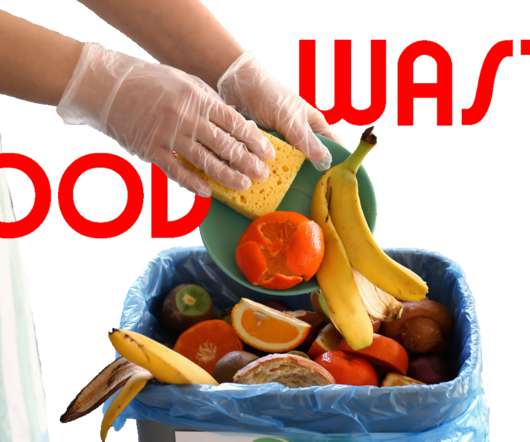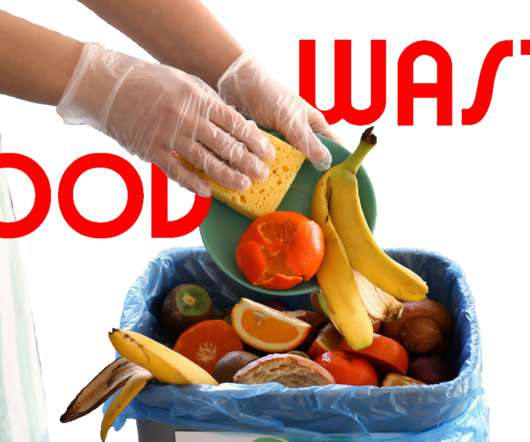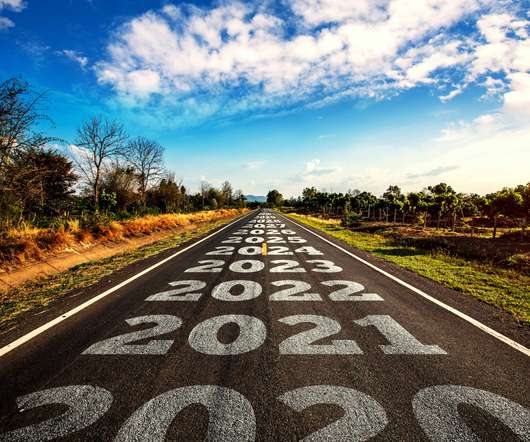Food Waste: The World Can’t Afford It
Enterra Insights
AUGUST 17, 2022
They write, “The matter is even more urgent when considered alongside another UN analysis that tracks the problem further up the supply chain, and shows 14% of food production is lost before it reaches stores. Analysts from the Boston Consulting Group (BCG) estimate that, by the year 2030, 2.1 ”[5]. Addressing the Problem.
















Let's personalize your content